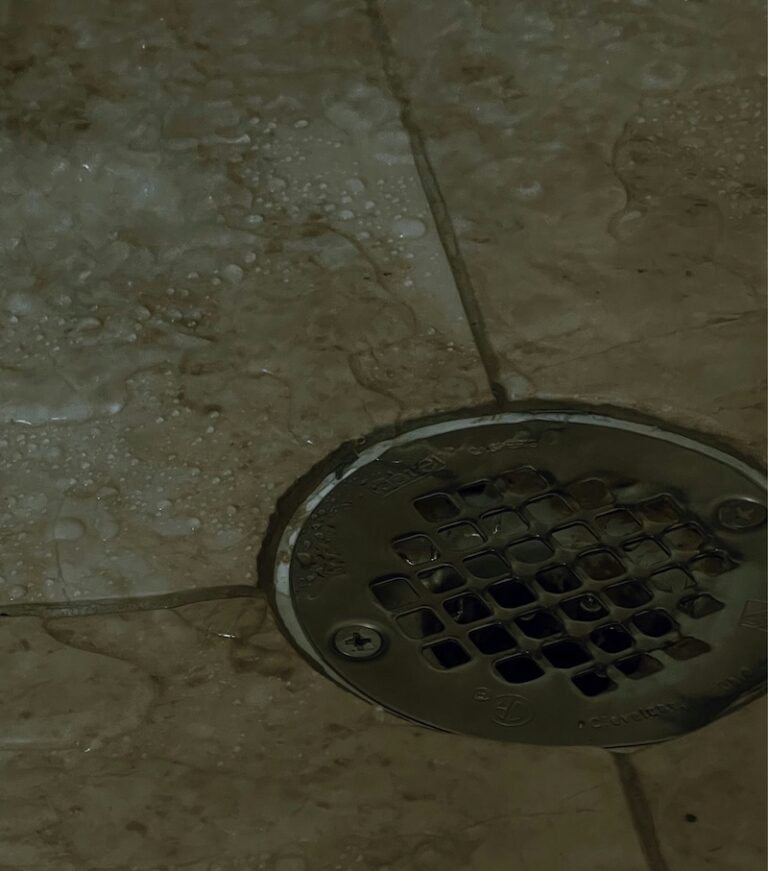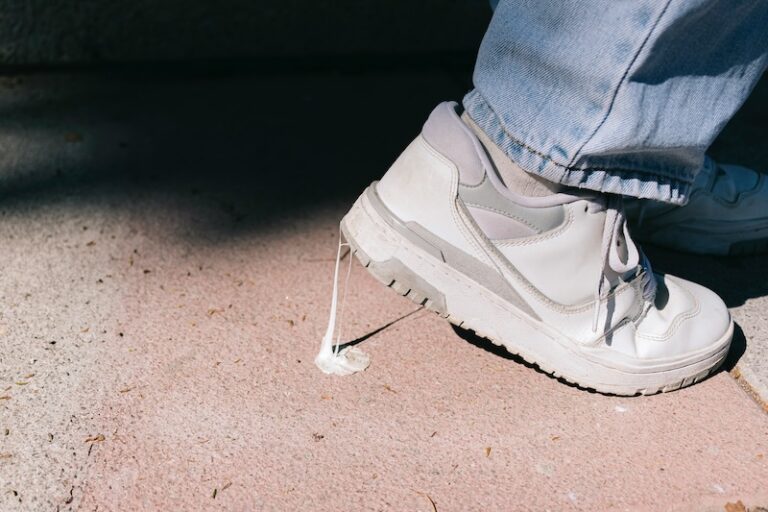Have You Noticed Flooring Issues in Your Facility?
Have you noticed scuffed tiles in your lobby, slippery floors in wet areas, or floors that never seem clean even after maintenance? Many facilities managers struggle to find a floor finish that balances durability, safety, and aesthetics. Choosing the right finish is more than just appearance—it’s about protecting your investment, reducing long-term maintenance costs, and ensuring the safety of staff and visitors.
What Makes a Floor Finish “Commercial-Grade”?
Commercial floors endure far more stress than residential ones. High foot traffic, rolling carts, heavy equipment, cleaning chemicals, and constant use all test durability. A strong commercial floor finish should offer:
- Durability → Resistant to scratches, stains, and dents
- Low Maintenance → Easy to clean with simple care routines
- Slip Resistance → Essential for customer-facing and wet-prone areas
- Longevity → Designed to last years without frequent replacement
- Design Flexibility → Matches the brand image while staying practical
The Best Floor Finishes for Commercial Facilities
1. Polished Concrete
- Known for its strength, longevity, and sleek modern appearance
- Requires minimal maintenance compared to waxed finishes
- Reflective surface helps brighten extensive facilities, saving on lighting costs
- Commonly used in warehouses, retail, and lobbies
2. Epoxy Coatings
- Seamless, chemical-resistant surface ideal for industrial and healthcare environments
- Can be customized with slip-resistant textures and color designs
- Withstands impact from carts, forklifts, and machinery
- Great for labs, auto shops, kitchens, and manufacturing plants
3. Luxury Vinyl Tile (LVT)
- Mimics the look of wood or stone while offering water resistance
- Comfortable underfoot and reduces noise in busy spaces
- Cost-effective for offices, schools, and healthcare facilities
- Easy to replace damaged tiles without redoing the entire floor
4. Vinyl Composite Tile (VCT)
- Durable and budget-friendly
- Requires periodic waxing and polishing, but can last decades
- Popular for schools, retail, and cafeterias, where traffic is constant
5. Carpet Tiles
- Adds comfort, sound absorption, and warmth to office or hospitality settings
- Easy to replace damaged sections rather than entire floors
- Available in endless design and color options
- Works well in call centers, libraries, and conference rooms
6. Terrazzo
- Ultra-durable, elegant flooring made from stone chips and resin
- It can last decades with minimal maintenance
- Ideal for hospitals, airports, and high-traffic lobbies
- Offers branding flexibility with custom patterns and designs
7. Rubber Flooring
- Slip-resistant, shock-absorbing, and noise-dampening
- Perfect for gyms, healthcare facilities, and schools
- Stands up to spills, moisture, and rolling equipment
Choosing Epoxy for a Busy Kitchen
A commercial kitchen in a corporate cafeteria struggled with water damage and constant slipping hazards. After switching to epoxy flooring with slip-resistant additives, the team reported fewer safety incidents, easier cleaning, and a professional look that held up under daily use.
Factors to Consider When Selecting a Floor Finish
- Foot Traffic: Does the space experience thousands of daily visitors or limited use?
- Maintenance Needs: Do you prefer low-touch finishes, or are you willing to commit to regular waxing schedules?
- Safety Concerns: Will moisture, spills, or rolling equipment require slip resistance?
- Budget & Longevity: Consider installation costs alongside long-term durability.
- Design Goals: Flooring contributes to first impressions—align with your brand.
FAQs
Q: Which floor finish lasts the longest in commercial spaces?
A: Terrazzo and polished concrete are considered the longest-lasting, often lasting for decades with minimal upkeep.
Q: What is the most cost-effective option for schools?
A: Vinyl Composite Tile (VCT) strikes a balance between durability and affordability, although it requires routine waxing.
Q: Is epoxy only for industrial spaces?
A: No—epoxy is also used in hospitals, commercial kitchens, and showrooms due to its durability and easy cleaning.
Q: What’s best for offices with open layouts?
A: Carpet tiles or LVT provide comfort, noise reduction, and a professional appearance.
The best commercial floor finish depends on your industry, environment, and long-term goals. From polished concrete in a warehouse to LVT in an office or epoxy in a kitchen, each finish provides unique benefits. The key is choosing one that supports your facility’s daily demands while reducing future costs and enhancing safety.



